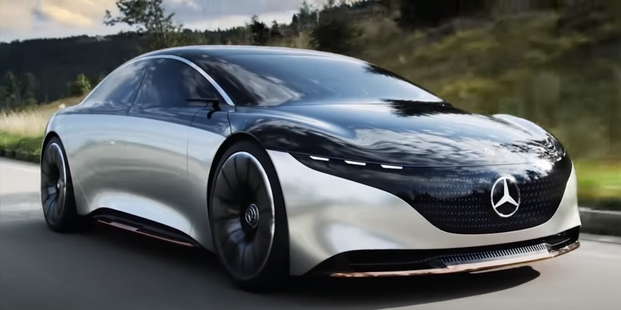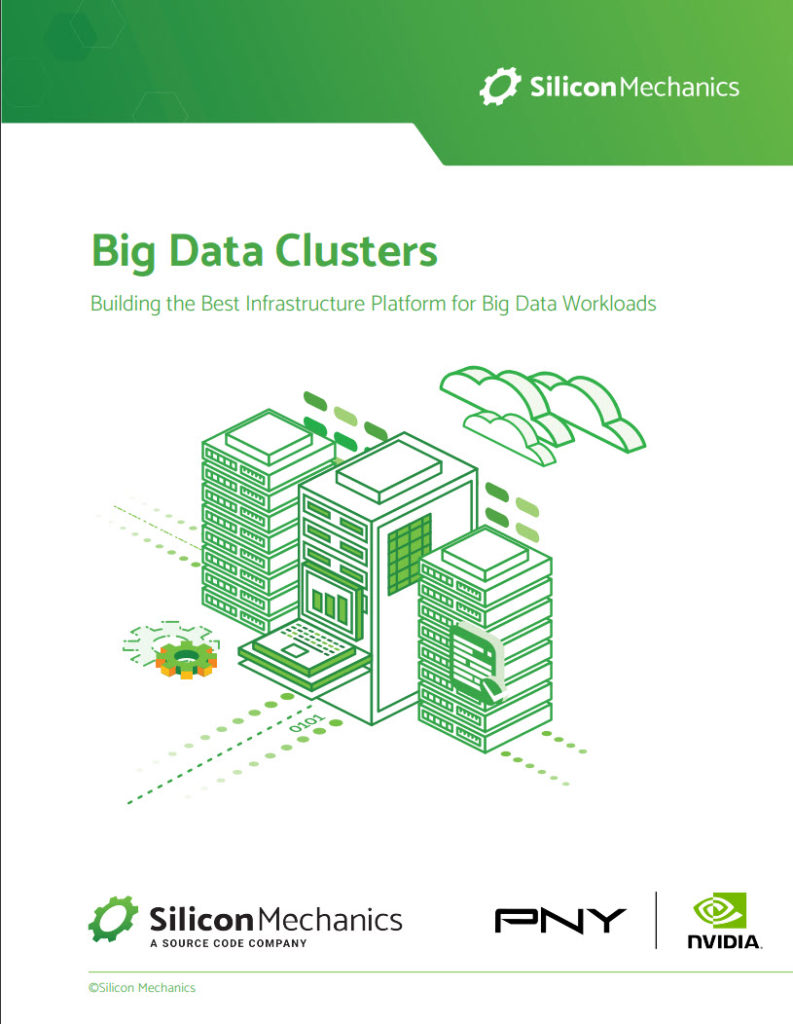Nvidia and Mercedes-Benz today said they plan to create an in-vehicle computing system and AI infrastructure for 2024 Mercedes-Benz vehicles equipped with “upgradable automated driving functions.” The resulting cars and trucks will be capable of autonomous address-to-address driving of regular routes, such as commutes and repeat deliveries, according to the companies.

The Benz fleet will utilize a software-defined architecture built on the Nvidia DRIVE autonomous vehicle (AV) platform that delivers 200 trillion operations per second. It will include a system software stack encompassing data center hardware, software and workflows for developing AV technology, from raw data collection through validation. The companies said the vehicles will include safety and convenience applications and that customers will be able to purchase capabilities, software applications, subscription services and evolving AV regulatory requirements through over-the-air software updates.
Jensen Huang, Nvidia founder and CEO, said that the two companies will “…revolutionize the car ownership experience, making the vehicle software programmable and continuously upgradeable via over-the-air updates. Every future Mercedes-Benz with the Nvidia DRIVE system will come with a team of expert AI and software engineers continuously developing, refining and enhancing the car over its lifetime.”
The vehicles will be equipped with “surround sensors,” data from which that will be processed by Nvidia DRIVE AGX Orin, which has multiple compute engines and AI based on the recently announced NVIDIA Ampere supercomputing architecture. Nvidia said the DRIVE platform provides development and training capabilities for deep neural network development and training, along with validation, replay and simulation testing.
The vehicles will attain levels 2 and 3 of the SAE standard for driving automation, and up to level 4 for automated parking, according to the companies.
During a media event today, Huang and Ola Källenius, chairman of the board of management of Daimler AG and head of Mercedes-Benz AG, said their companies’ partnership will have significant impact on the car industry and also expand the overall AI market, which for hardware, software and in-car services is currently estimated at about $5 billion. “By extending these capabilities to a fleet of about 100 million vehicles, the market has the potential to grow to $700 billion,” the companies said.



